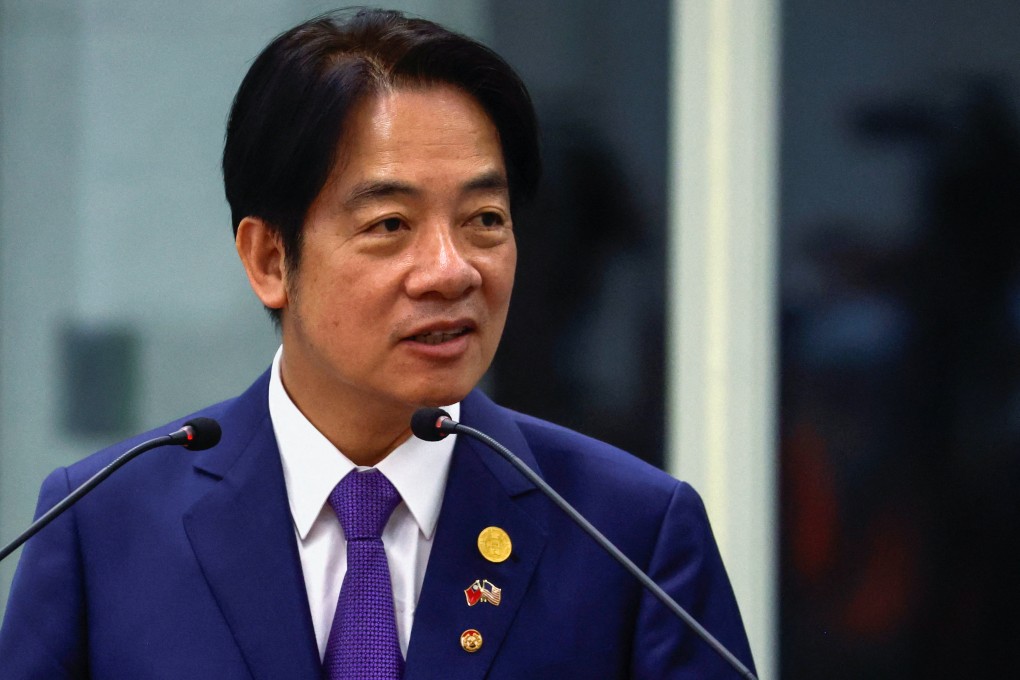Editorial | A lack of opposition unity not a good result for Taiwan as a whole
- The failure of the Beijing-friendly parties to form what would have been effectively a coalition hands the DPP a decisive advantage in the coming election, a result that will do nothing to ease dangerous tensions across the Taiwan Strait

The saying that disunity is death is a truism of multiparty political systems. It means that for the sake of the common good, broadly like-minded people must focus on what unites them and resist division over differences if they are to win majority support in a popular election.
In the case of the coming Taiwan presidential election, the common good would have been served by a united, cohesive, Beijing-friendly opposition that could have truly tested the electoral support of the ruling, independence-leaning Democratic Progressive Party.
To that end the largest opposition party, the Kuomintang, and the Taiwan People’s Party had been in talks since October about forming a joint ticket for the January poll and throwing their support behind a single candidate.
That would have been their best chance of giving voters a clear choice and defeating the DPP’s candidate, vice-president William Lai Ching-te, who leads in opinion polls.
But a final round of talks between the two mainland-friendly parties on Thursday failed to resolve a dispute over how to select the candidate to head the ticket.

An agreement to base the choice on an analysis of opinion polls foundered on a dispute about how to run the exercise.

